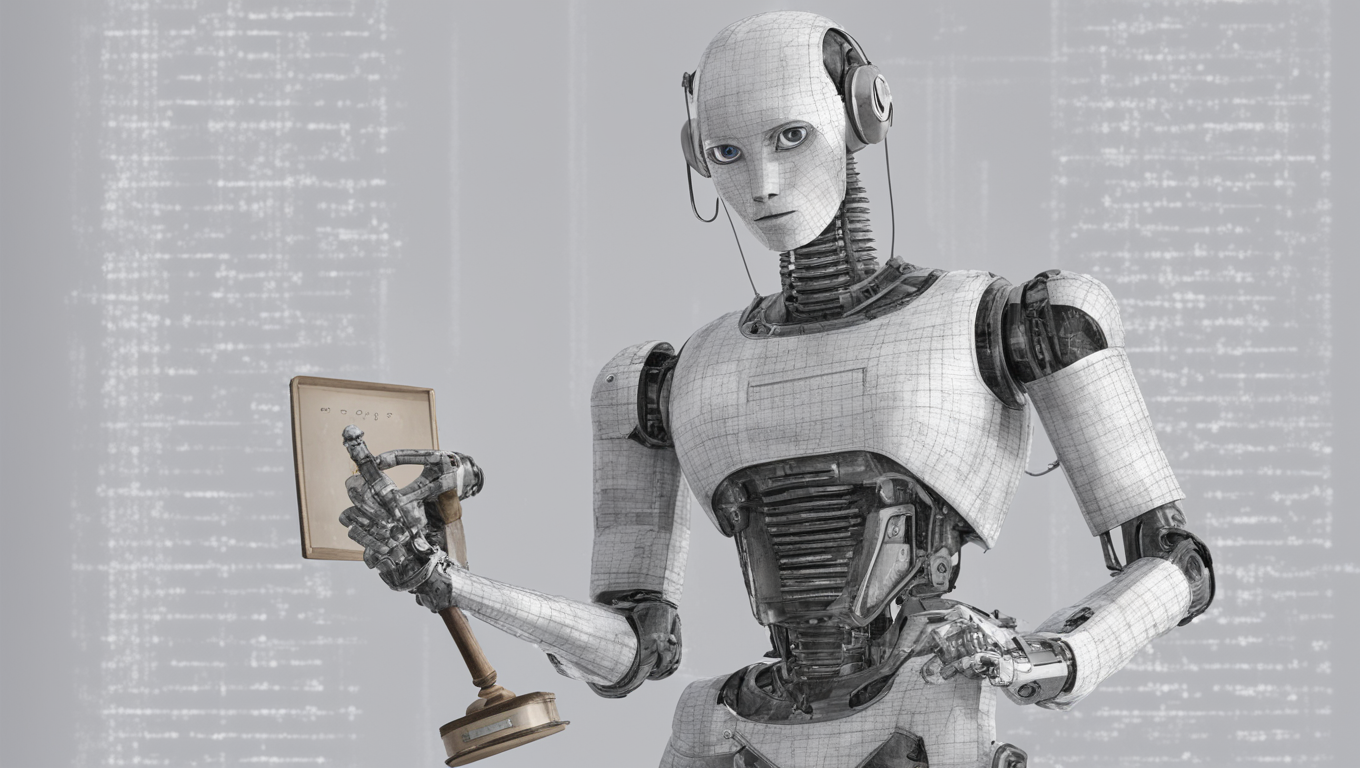At the recent tech festival in Austin, Texas, the scandal involving Google’s Gemini chatbot and its production of images depicting Black and Asian Nazi soldiers served as a stark reminder of the power of artificial intelligence (AI). The incident caused Google CEO Sundar Pichai to publicly criticize the errors made by the Gemini AI app and temporarily halt users from creating certain images. The backlash on social media was swift, with users mocking and criticizing Google for the historically inaccurate depictions.
The incident highlighted the immense control that a handful of companies have over AI platforms, which are poised to revolutionize the way people live and work. According to Joshua Weaver, a lawyer and tech entrepreneur, Google’s misstep was a result of being too focused on projecting inclusion and diversity, causing the company to overlook the flaws in Gemini. Although Google promptly corrected the errors, the underlying issue of the concentration of power within AI platforms remains.
Charlie Burgoyne, the CEO of the Valkyrie applied science lab in Texas, compared Google’s attempt to fix Gemini to putting a Band-Aid on a bullet wound. He emphasized that Google is now competing against other tech giants like Microsoft, OpenAI, and Anthropic in a fast-paced AI race, and the pressure to keep up is causing mistakes to be made. Weaver echoed this sentiment, stating, “They are moving faster than they know how to move.”
The incident also raises questions about the degree of control that users of AI tools have over information. Weaver argued that as AI generates an increasing amount of information, those in control of AI safeguards will have significant influence over the world. Karen Palmer, an award-winning mixed-reality creator, envisioned a future where AI-powered robo-taxis could scan passengers for any outstanding violations, effectively taking them to the police station instead of their intended destinations.
However, the use of AI also comes with inherent biases and challenges. Data used to train AI models is often sourced from a world full of cultural biases, disinformation, and social inequities. Google’s attempt to rebalance the algorithms to reflect human diversity with Gemini ended up backfiring, underscoring the difficulty of identifying and eliminating biases. Even well-intentioned engineers working on AI training can inadvertently introduce their own subconscious biases.
Another concern is the lack of transparency regarding the inner workings of generative AI, known as “black boxes.” Experts and activists are calling for more diversity in AI development teams and greater transparency in order to address these biases and biases. Jason Lewis, from the Indigenous Futures Resource Center, advocates for incorporating the perspectives of diverse communities in AI algorithms and criticizes the top-down approach often observed in big tech companies.
In conclusion, the incident involving Google’s Gemini chatbot serves as a cautionary tale about the power and challenges of AI. It highlights the need for greater diversity in AI teams, transparency in algorithm development, and careful consideration of the biases inherent in the data used to train AI models. As AI continues to evolve and shape the world, it is crucial to navigate the risks and responsibilities associated with this powerful technology.





Use the share button below if you liked it.